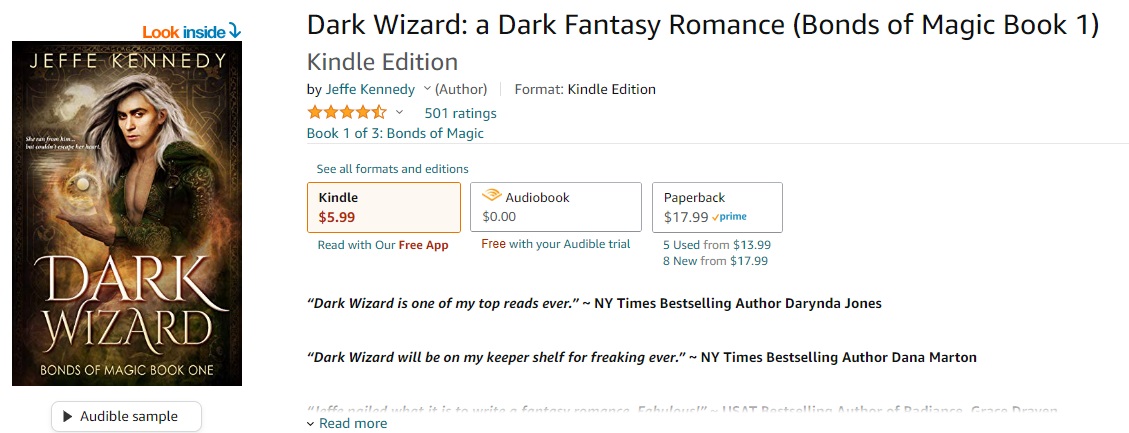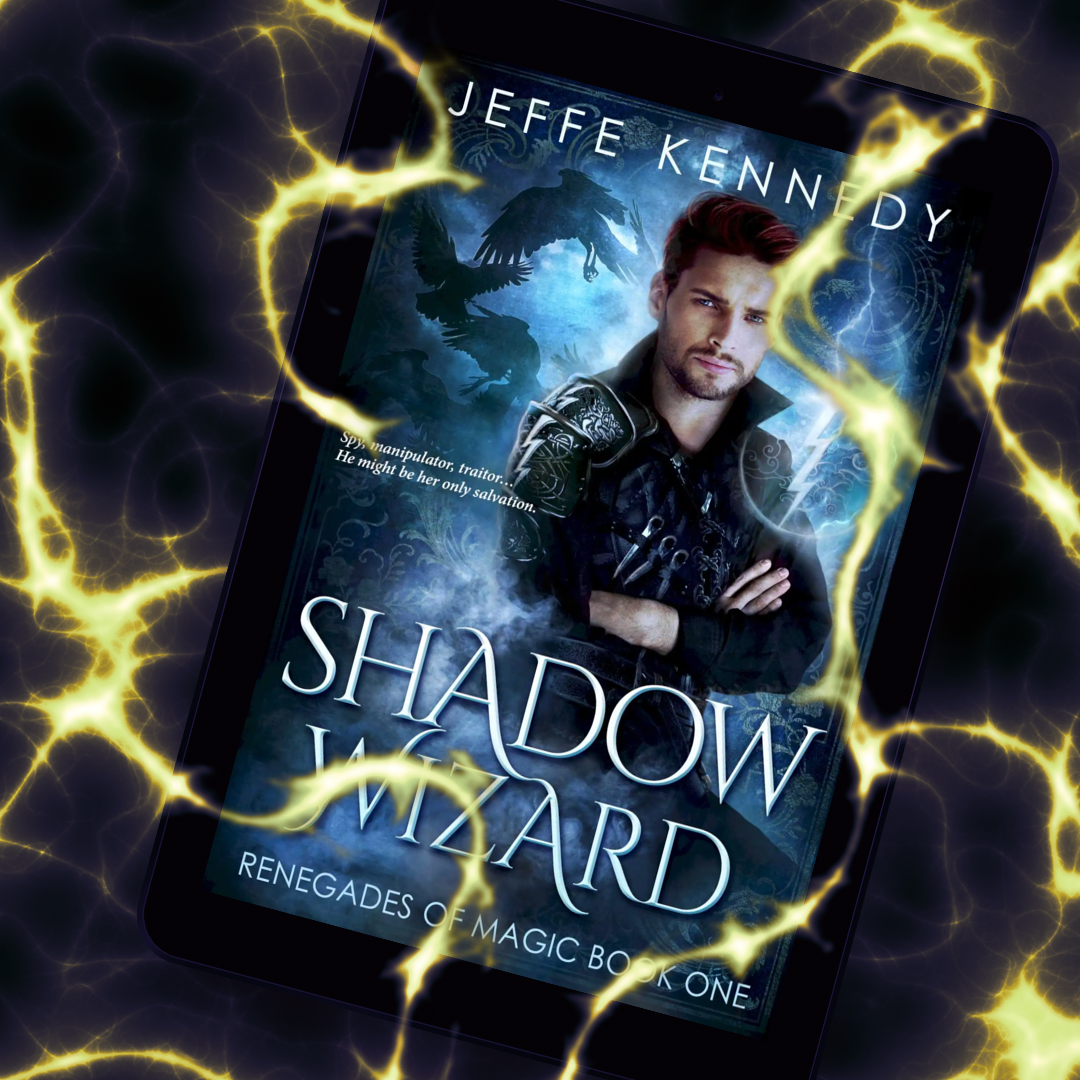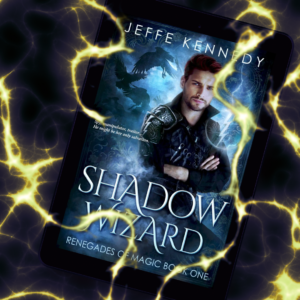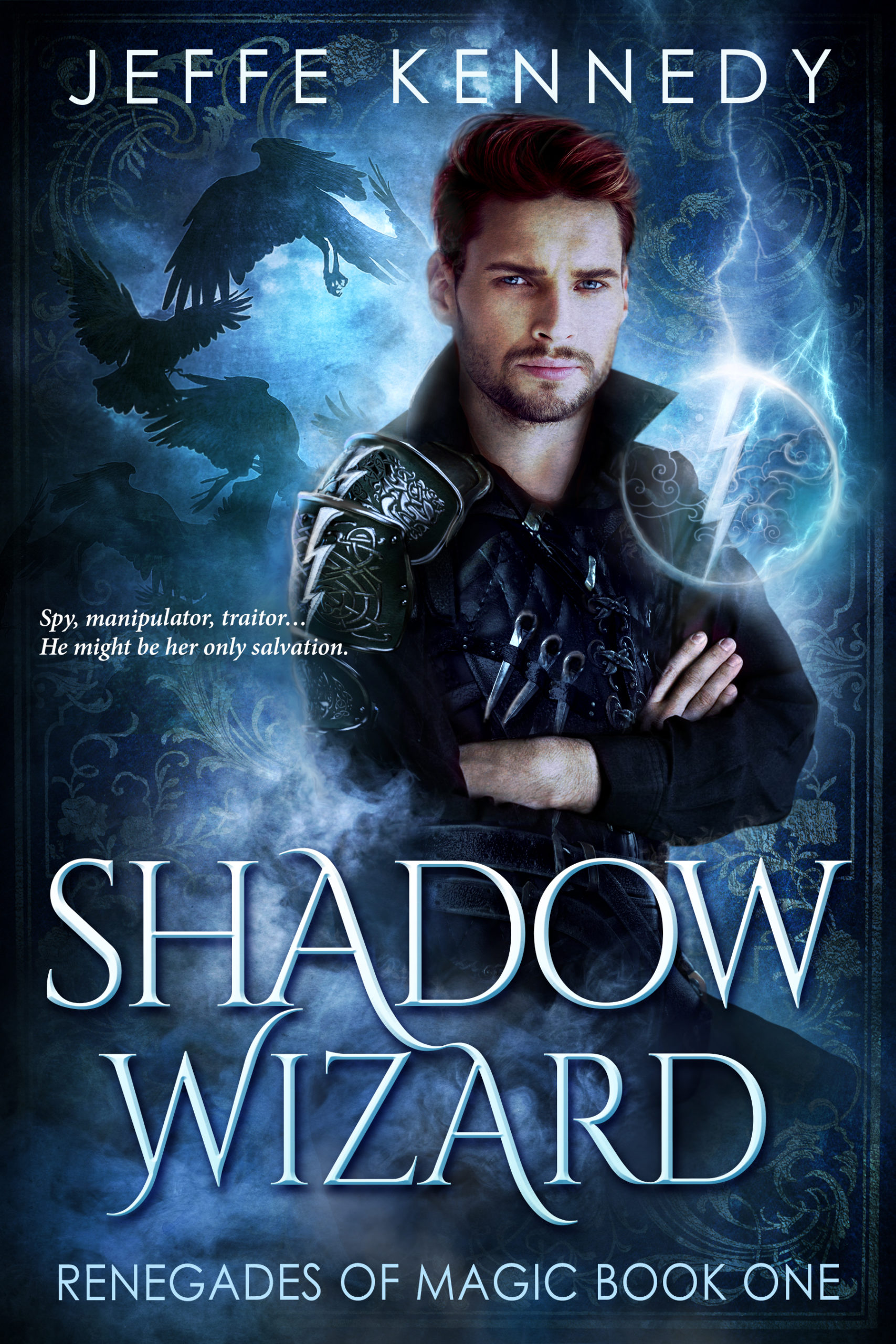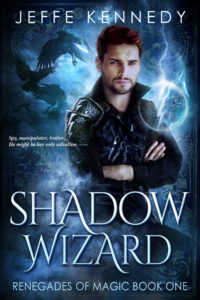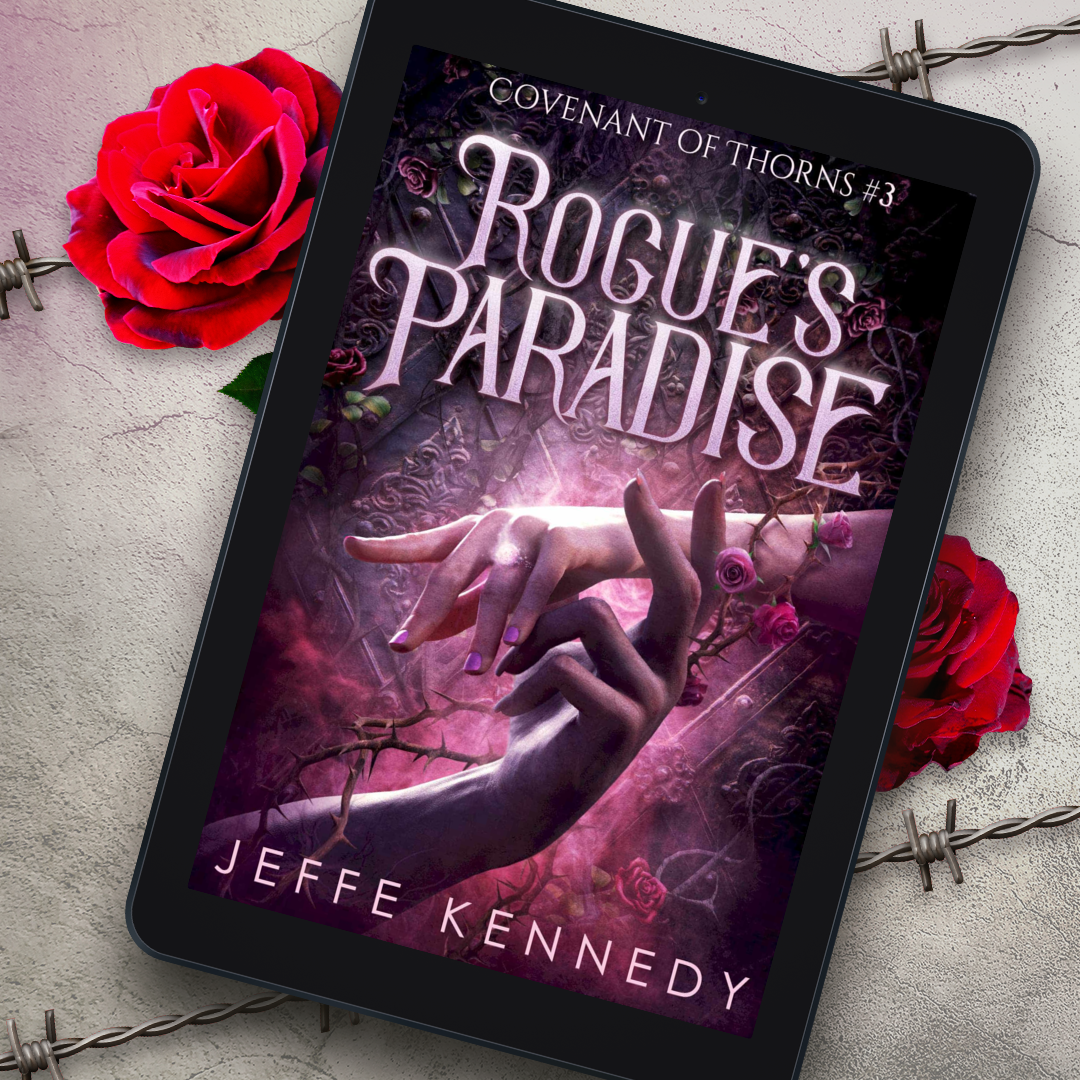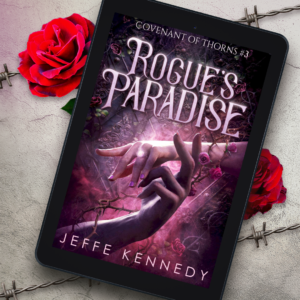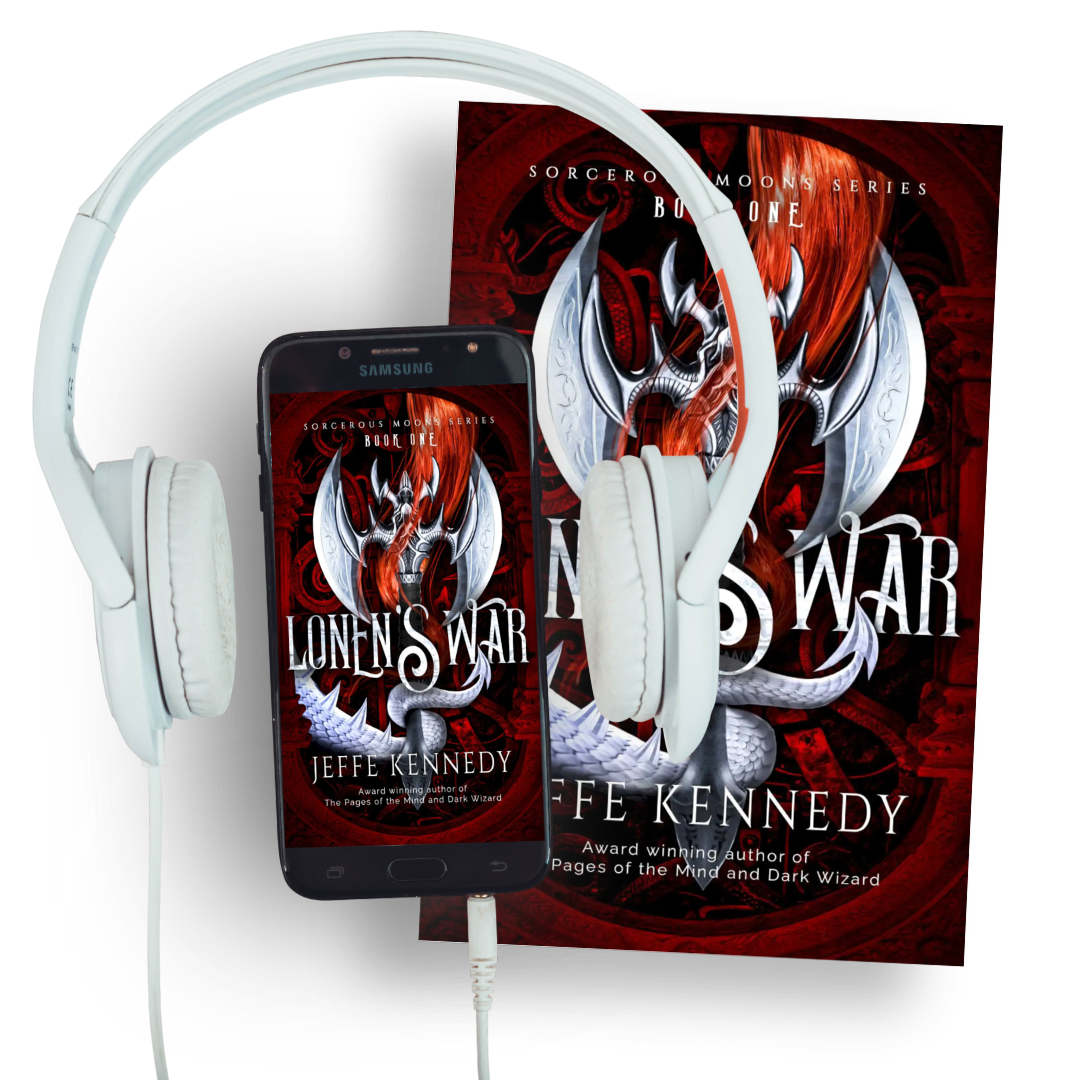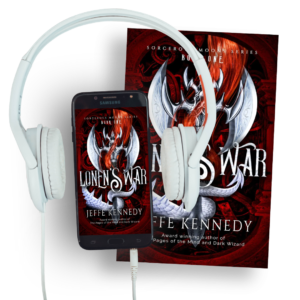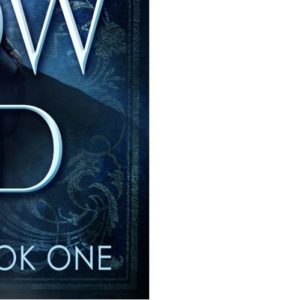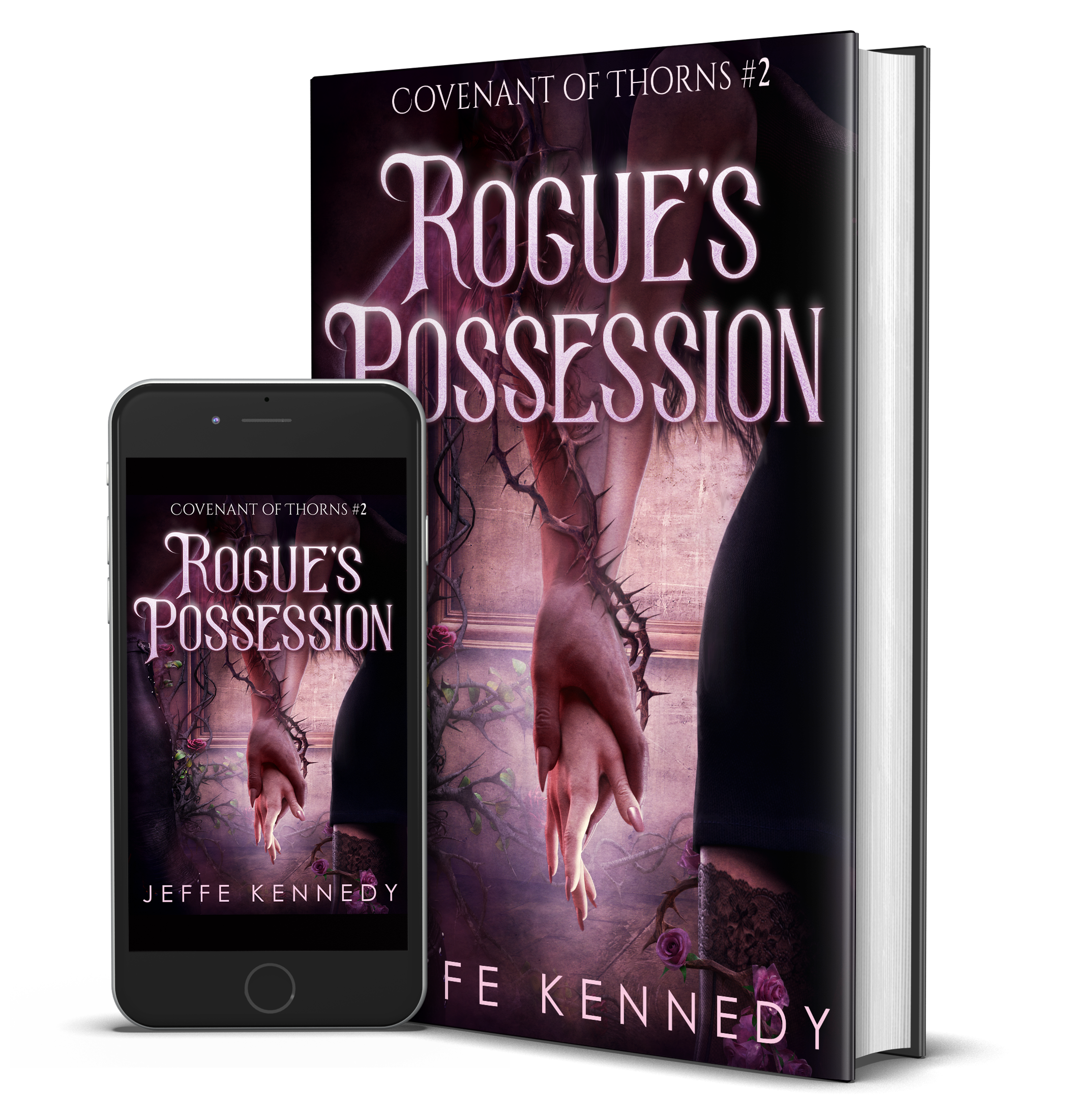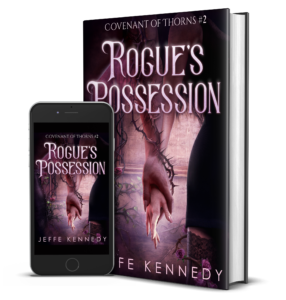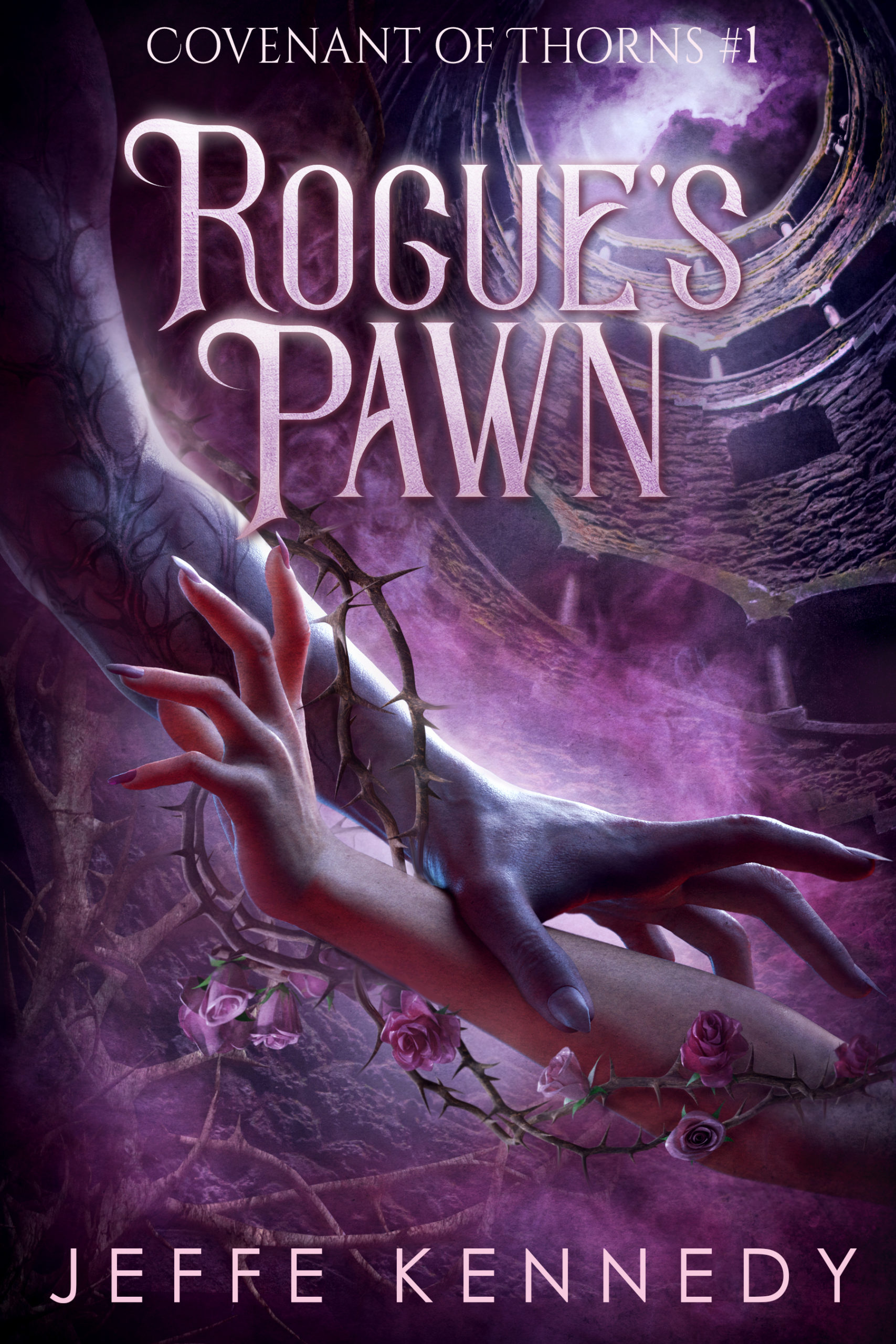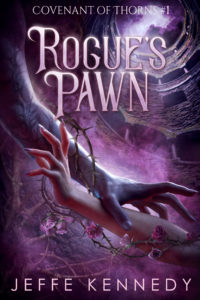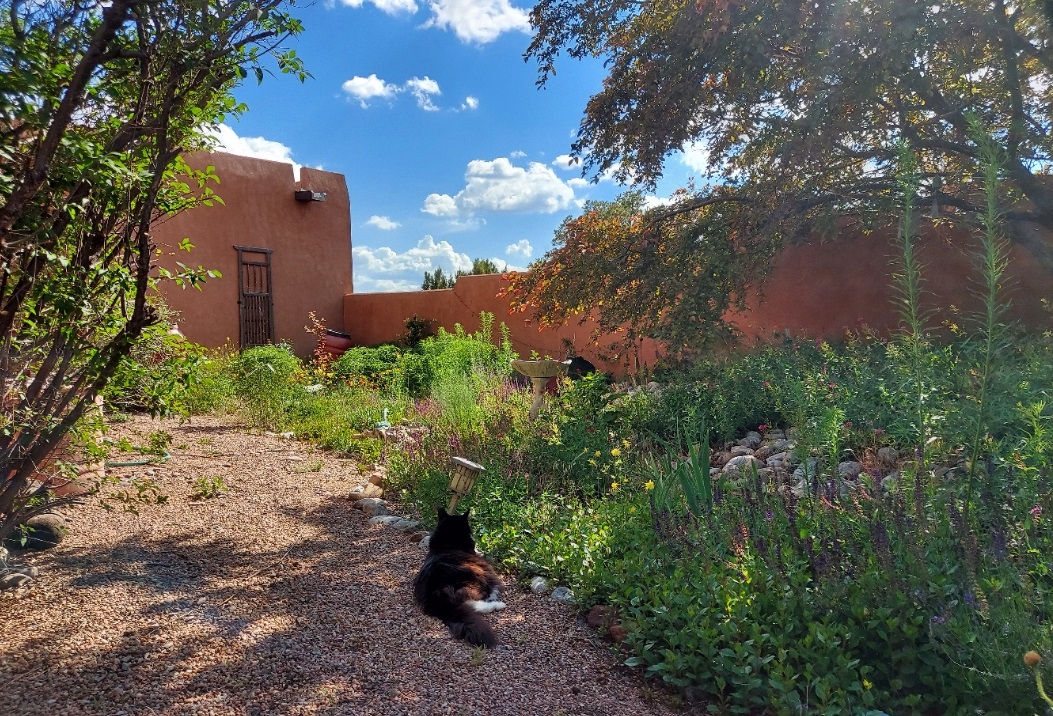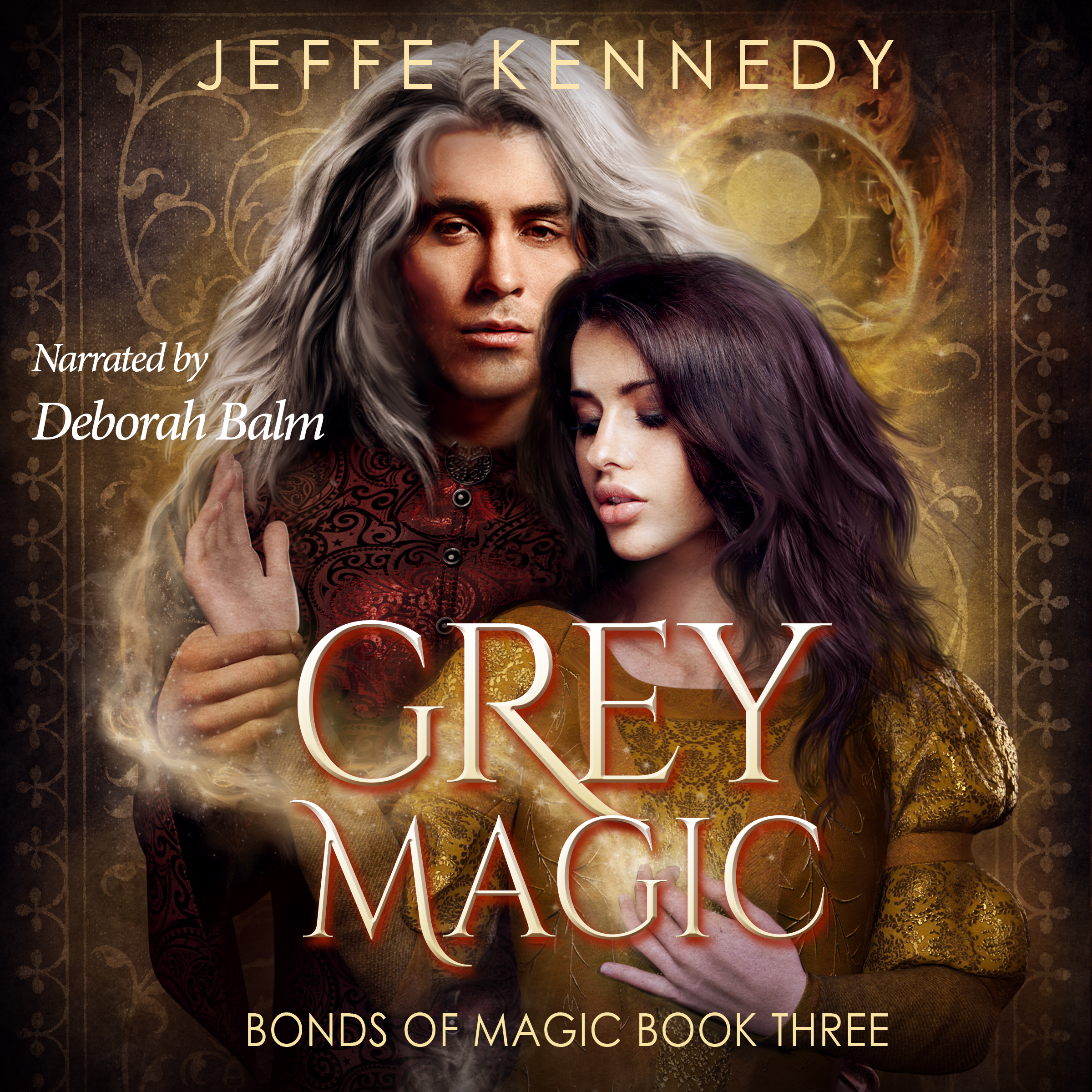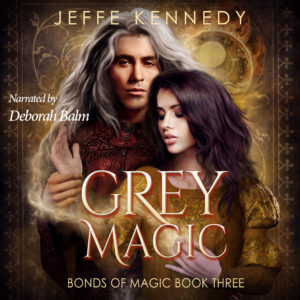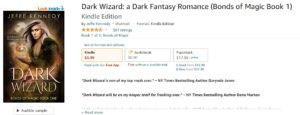
A gratifying milestone for me – DARK WIZARD has passed 500 ratings on Amazon! And with a 4.3 overall average, too. I’m so thrilled by all the love this book and series has received.
I’ve been busy writing SHADOW WIZARD, the next book in this world (coming 9/29! available for preorder now), and so missed my usual Wednesday blog post. I’m making that up today, because I really did want to address this week’s topic at the SFF Seven. We’re talking about Writing Community and asking: do you have a writing community and if so (online, phone calls, zoom, in person) how do your interactions refill your creative well?
I’m so deeply grateful for my writing community! I have many different ones, from one-on-one friendships to large, professional organizations. Here’s a smattering of them and how they refill that well.
Friends
Just yesterday I had one of my monthly hour+ phone calls with writer bestie Grace Draven. We’ve been doing this for a couple of years now. Aside from our other messaging via text and FB messenger, and quick calls, we set aside time to have longer conversations about our business strategy. These talks help us both clarify our priorities.
I get on Zoom daily with another writer bestie, Darynda Jones. We typically do three one-hour writing sprints with some chatting in between. Having that company while writing (even though we mute while actually working) gives me a sense of companionship, and the daily discussions of our writing keep us invigorated. We can also bounce ideas off of each other, from “what’s the word I’m trying to think of?” to “Help me solve this plot problem!”
I also have other writer besties I communicate with via email or social media, people I can call upon for insight or emergency beta reads. We don’t necessarily talk on a regular schedule, but knowing they’re out there is priceless.
Small Groups
I’m part of various smaller communities, from a private author group on Facebook, to a Fantasy Romance Discord, to the much larger Science Fiction and Fantasy Writers Association (SFWA) Discord. I love to dip in and out of these groups, answering questions and asking them, too. They’re fun and fantastic resources.
Professional Organizations
I already mentioned SFWA. As the current president of the organization, I get to interact with all kinds of creators, from newbie writers to names on the spines of books on my shelf. Getting to email with Neil Gaiman, have coffee with Catherine Asaro, or chat for a few hours with Jane Yolen are thrills I never quite get over. Feeling like a part of that larger community is validating for me on a critical level. I believe more in myself and in my work for having those associations.
Conferences
I just returned from WorldCon in Chicago – my first big conference since the COVID pandemic – and it brought home to me how wonderful these gatherings are. Conferences bring in so many different members of the reading, writing, and creating community that the cross-section of conversation is incredibly stimulating. More than the programming, just getting to be around other people who love the same stuff and sharing that excitement refills my creative well like nothing else. One of the great revelations of the pandemic for me was how much social stimulation I gain from conferences. I value them like never before.
I value all of my writing communities, and am so grateful for each and every one of you!
